The Deputy for Gender Equality Ministry of Women Empowerment and Child Protection Describes the Effort to Achieve Gender Equality in Indonesia at the Bahrain Women’s Day Commemoration Event
To celebrate the participation of Bahraini women in all areas of public life, the initiation of Bahraini women’s involvement in the development process, and the contribution of their sustainable aspirations, the Royal Bahraini Embassy held an event to celebrate “Bahrain Women’s Day.”
The activity, which took place on 1 December 2022, also invited the Deputy for Gender Equality of MoWECP, Lenny N. Rosalin, to participate as the speaker at that event.
The event was held at the Embassy of the Kingdom of Bahrain on Jl. PatraXl Park No. 8, Kuningan Timur Jakarta 12950, was opened by the Ambassador of the Kingdom of Bahrain to Indonesia, Ahmed Abdulla Alharmasi Alhajeri.
In this event, The Deputy for Gender Equality of the Ministry of Women Empowerment and Child Protection conveyed Efforts to Realize Gender Equality in Indonesia.

In her opening presentation, Ms. Lenny conveyed international and national mandates that mandate gender mainstreaming.
The President’s Instruction regarding the Development of Women’s Empowerment and Child Protection in 2020-2024 first point is “Increasing Women’s Empowerment in Entrepreneurship with a Gender Perspective.”
This instruction was in line with Presidential Regulations No. 114 of 2020 concerning the National Strategy for Inclusive Finance, which has emphasized the women’s segment as one of the priority segments to achieve the 90% financial inclusion target in 2024.
However, based on the 2020 Human Development Index (HDI) indicators, the female HDI score was still lower than the male HDI value, which is 69.19 compared to 75.98.
Many national policies were considered to be of poor quality and tend to be discriminatory and have an impact on the achievement of development goals. In the context of development, the inequality of power relations between women and men, both among children, youth, and the elderly, impacts the gaps in access, participation, control, and beneficiaries in development.
Furthermore, policies had the potential to discriminate against gender in five forms, namely: double burden, subordination, stereotypes, violence, and marginalization. This inequality causes some groups to be in a position that is disadvantaged and disadvantaged structurally and culturally.
Therefore, the Ministry of Women Empowerment and Child Protection collaborates and synergizes with various parties, including the four pillars of development: the government, the media, the business world, and the community. Synergy between the central and regional governments, up to the village level, with all stakeholders to ensure that Indonesian women are empowered.


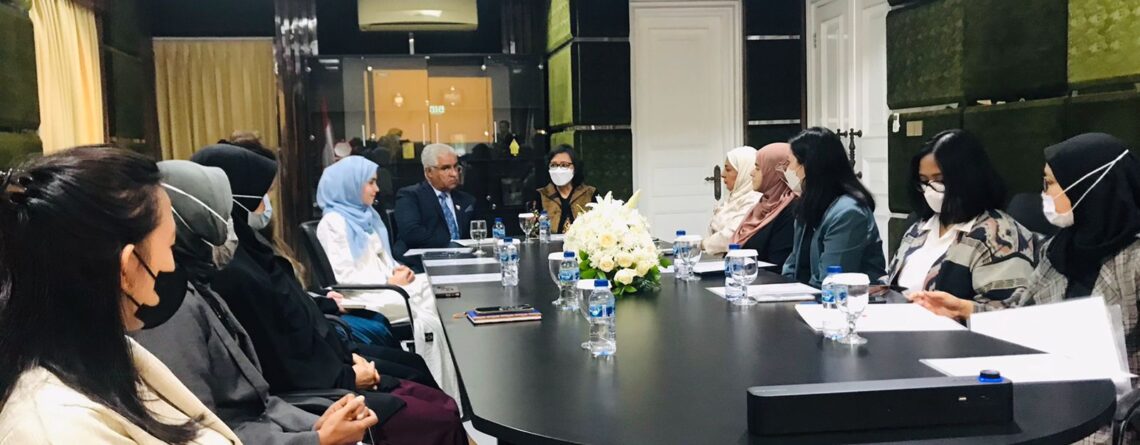
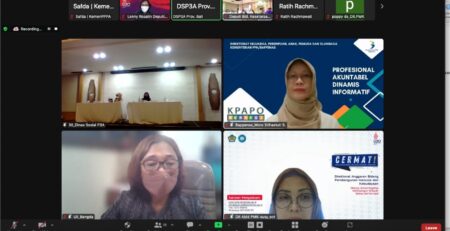
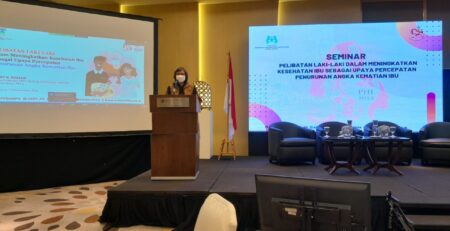
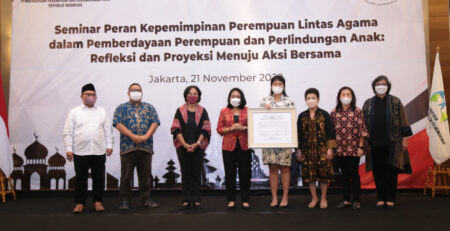
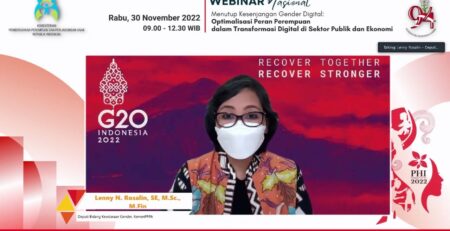
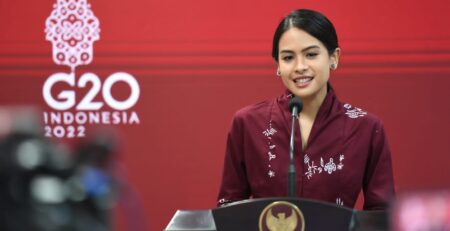
Leave a Reply